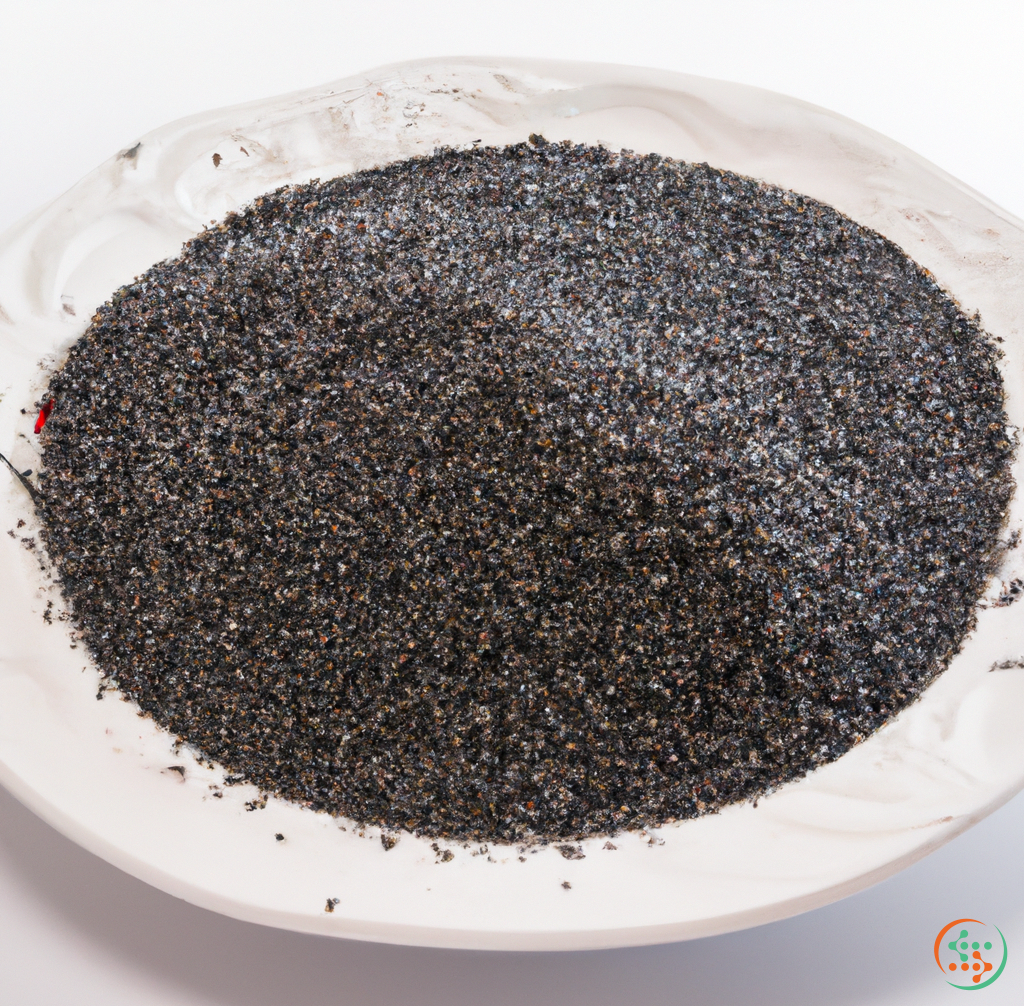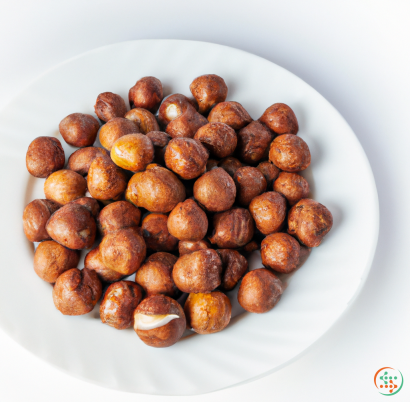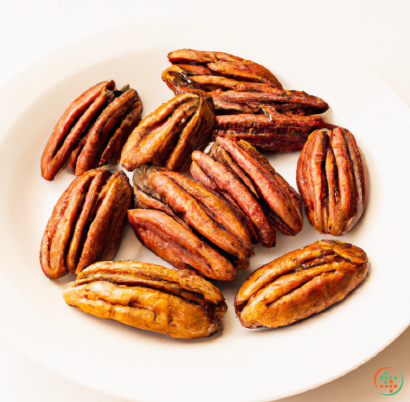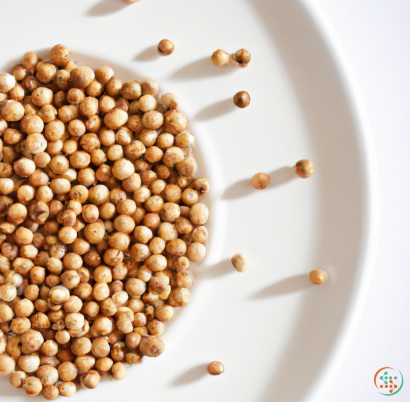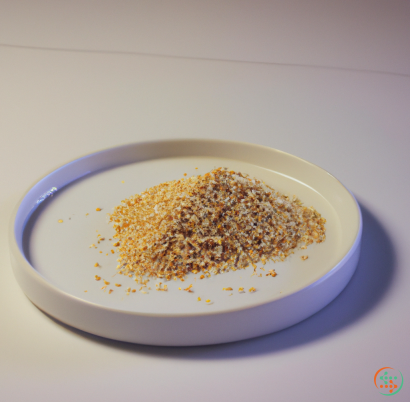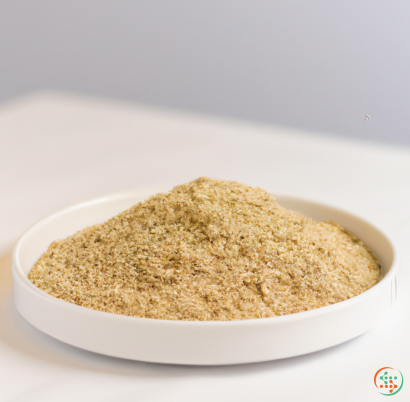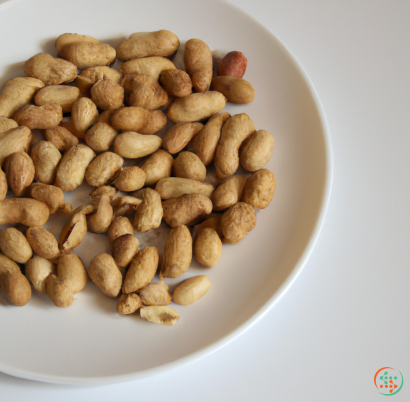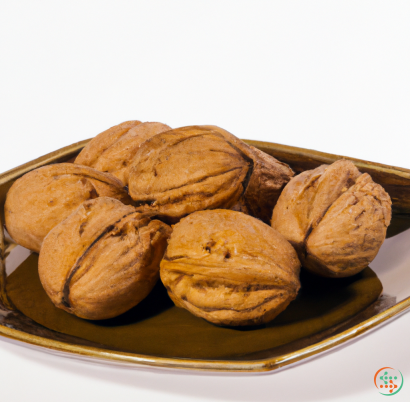Poppy Seeds
Poppy seeds are small, dark brown seeds that are harvested from the pods of the poppy flower. The poppy flower is an annual plant that is native to Europe, and the seeds have been used throughout history as a food source. Additionally, poppy seeds have a variety of uses in many different cultures and cuisines.
Poppy seeds' nutritional value
Poppy seeds are high in nutrients, such as calcium, iron, zinc, magnesium, and potassium. They are also good sources of dietary fiber, protein, and carbohydrates. Furthermore, poppy seeds are low in fat and calories, making them a great addition to a healthy diet. A single tablespoon (10 grams) of poppy seeds contains 5.2 milligrams of iron, 4.6 milligrams of zinc, 27 milligrams of calcium, and 18 milligrams of magnesium.
Poppy seeds are known for their high amount of antioxidants, which help protect the body from the damaging effects of free radicals. Additionally, these tiny seeds are high in lignans, which are anti-inflammatory compounds. Studies show that these compounds may also help protect against certain chronic diseases.
Uses of poppy seeds
Poppy seeds are widely used in the culinary world, with some of the most common uses being to add flavor and texture to baked goods like breads, muffins, and cakes. They can also be used in savory dishes such as curries and salads. Additionally, the seeds are a common ingredient in many condiments and sauces, such as Worcestershire and steak sauces.
In some cultures, such as Chinese and Indian, poppy seeds are used as traditional medicine to treat a wide range of health concerns, such as asthma, arthritis, depression, and digestive issues. Additionally, they may also be used as a natural pain relief, as they contain alkaloids that are known to reduce inflammation.
Poppy seeds are also used to make a variety of products, such as oils, soaps, lotions, and cosmetics, as the oil from the seeds is rich in fatty acids and linoleic acid. Furthermore, these seeds are also commonly made into a poppy seed paste, which is used as a base for some meals.
Poppy seed health benefits
Poppy seeds are said to have a variety of health benefits, including the ability to reduce inflammation and improve digestive health. Studies have shown that the compounds found in poppy seeds can help to protect the body from inflammation and oxidative stress. Additionally, the lignans found in poppy seeds may help protect against certain chronic diseases, such as cancer.
Furthermore, the high amount of dietary fiber in poppy seeds can help improve digestion and relieve constipation. Poppy seeds also contain zinc, which helps to boost the immune system and aid in wound healing. Additionally, poppy seeds are known for their ability to improve sleep and reduce stress, as the compound protopine found in the seeds is a natural sedative.
Conclusion
Poppy seeds are small, dark brown seeds that are harvested from the pods of the poppy flower. These tiny seeds are full of nutrients and beneficial compounds, making them a great addition to many foods and products. Additionally, they provide a range of health benefits, such as reducing inflammation, boosting immunity, and improving digestion. With their versatile uses and numerous health benefits, poppy seeds are a great way to add nutrition and flavor to any diet.
Poppy seeds, the tiny black and white kernels with the nutty flavor that are forever woven into homemade baking and traditional cuisine, are the product of a complicated and fascinating natural process. Where do poppy seeds come from? How do they get from the poppy field to somebody's dinner plate? In this blog post, we will take a deep dive into the journey of poppy seeds, from the flower to the consumer.
Poppies are a species of flowering plants that can be found in various parts of the world, with the majority being grown in Europe and Central Asia, parts of North and South America, South Africa, and other areas. They are generally considered an annual crop, harvested at the end of the spring and summer season, with many varieties in existence. Each variant of poppy has their own set of characteristics and use, with some being grown for the seeds and others for their flowers or other parts of the plant.
The poppy is a robust flower that blooms in the springtime, and its bright petals can range in color from whites and Reds, to yellows and purples. The petals then wilt and eventually fall off, leaving behind the "seed pods" where the poppy seeds live. The seed pods are green, round and encase the tiny white seed in a tough casing protecting it from the elements and any predators. If a grower wants to harvest poppy seeds, they must wait until the pods of the flower are dry and brittle, indicating that the seeds are "ripe."
Once ripe, the pods are opened and the poppy seeds collected. This process is done by specialized machines that open the poppy pods, exposing the tiny seeds within. The extracted poppy seed is then processed further, where it is typically hulled (the hull removed) and screened to remove any large chunks or debris from the seed. What is left is the small, ridged seed-which is used for various culinary and medicinal purposes. After being processed, the dried poppy seed is ready for use, or to be packaged or stored for later use.
The poppy seed is prized for its high-fat content, including essential fatty acids and numerous B vitamins, which make it a key ingredient in many dishes around the world. It is a common addition to baked goods and other edible goodies, often lending its nutty flavor as a topping or filler. Poppy seeds can also be ground into a paste, which can be used in a variety of Middle Eastern, South Asian, and Greek dishes, or added to martinis as an accent.
In addition to being a tasty topping or grounded paste, poppy seeds have been used for centuries as a natural pain reliever and healing aid. For example, the pods and stems of the plant have been used in balms and oils to heal cuts, while the seeds contain numerous compounds said to have calming, sedative, and analgesic qualities.
So far, we’ve looked at the journey of the poppy seed from the field to the consumer. We've seen how special machines are used to looser and process the seed before it is ready for consumption. But what about after that?
After the poppy seed is processed, it needs to be packaged for shipment and sale. Seed companies, who are suppliers of bulk poppy seeds to bakeries, supermarkets, and other businesses, generally package the processed poppy seed into various sizes of sacks and boxes. These packages of poppy seeds can then be shipped and sold throughout the world.
When a consumer decides to buy a package of poppy seeds, they can find them in most any local supermarket or store. Depending on the store and brand, the poppy seeds may come in small packets, larger bags, or bulk containers. Some may also have the option of buying already-ground poppy seed paste, reducing the need for grinding the seed themselves. No matter the size or form, customers can feel assured they are purchasing a quality product that has been taken care of appropriately and is safe to consume.
In conclusion, our journey of the poppy seed is complete. From the fields where it is grown, to the specialized machines extracting and processing the seed, to the supermarket shelves where we purchase it, poppy seeds are a highly versatile ingredient that comes with a rich and ancient history. While it is often associated with baked goods, the magical little seed has many other uses too, such uses in healing balms, pain relief remedies and Middle Eastern cuisine. So the next time you take a bite of poppy seed-laced deliciousness, take a moment to appreciate the long journey the seeds have taken to get there.
| Vitamin E | 0.00177 grams | |
| Vitamin C | 0.001 grams | |
| Vitamin B1 | 0.85 mg | |
| Vitamin B2 | 0.1 mg | |
| Vitamin B3 | 0.9 mg | |
| Vitamin B4 | 0.0088 grams | |
| Vitamin B5 | 0.32 mg | |
| Vitamin B6 | 0.25 mg | |
| Vitamin B9 | 0.082 mg |
| Calcium | 1.438 grams |
Daily Value 1.3 g
|
| Iron | 0.00976 grams |
Daily Value 0.018 g
|
| Magnesium | 0.347 grams |
Daily Value 0.4 g
|
| Phosphorus | 0.87 grams |
Daily Value 1.25 g
|
| Potassium | 0.719 grams |
Daily Value 4.7 g
|
| Sodium | 0.026 grams |
Daily Value 2.3 g
|
| Zinc | 0.0079 grams |
Daily Value 0.011 g
|
| Copper | 0.00163 grams |
Daily Value 0.9 mg
|
| Manganese | 0.00671 grams |
Daily Value 0.0023 g
|
| Selenium | 0.0135 mg |
Daily Value 0.055 mg
|
| Tryptophan | 0.184 grams | |
| Threonine | 0.686 grams | |
| Isoleucine | 0.819 grams | |
| Leucine | 1.321 grams | |
| Lysine | 0.952 grams | |
| Methionine | 0.502 grams | |
| Cystine | 0.297 grams | |
| Phenylalanine | 0.758 grams | |
| Tyrosine | 0.727 grams | |
| Valine | 1.095 grams | |
| Arginine | 1.945 grams | |
| Histidine | 0.471 grams | |
| Alanine | 0.839 grams | |
| Aspartic Acid | 2.365 grams | |
| Glutamic Acid | 4.299 grams | |
| Glycine | 0.952 grams | |
| Proline | 2.754 grams | |
| Serine | 0.952 grams |
| Glucose | 0.37 grams |
|
| Fructose | 0.29 grams |
|
| Sucrose | 2.33 grams |
|
| Total Sugars | 0.131141 grams |
per 100g
|
| Caproic acid (6:0) | 0.04 grams |
|
| Myristic acid (14:0) | 0.08 grams |
|
| Palmitic acid (16:0) | 3.58 grams |
|
| Stearic acid (18:0) | 0.78 grams |
|
| Arachidic acid (20:0) | 0.04 grams |
|
| Total Saturated fatty acids: | 4.52 g | |
| Oleic acid (18:1) | 5.86 grams |
|
| Palmitoleic acid (16:1) | 0.04 grams |
|
| Gadoleic acid (20:1) | 0.08 grams |
|
| Total Monounsaturated fatty acids: | 5.98 g | |
| Omega-3 Alpha-linolenic acid (18:3) | 0.27 grams |
|
| Linolenic acid (18:3) | 0.27 grams |
|
| Linoleic acid (18:2) | 28.3 grams |
|
| Total Polyunsaturated fatty acids: | 28.84 g | |
| Stigmasterol | 0.01 grams |
|
| Campesterol | 0.03 grams |
|
| Beta-sitosterol | 0.11 grams |
|
| Total Sterols: | 0.15 g | |
